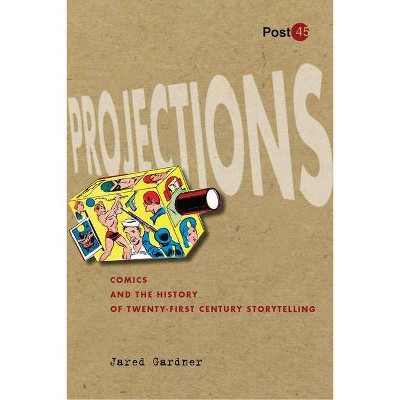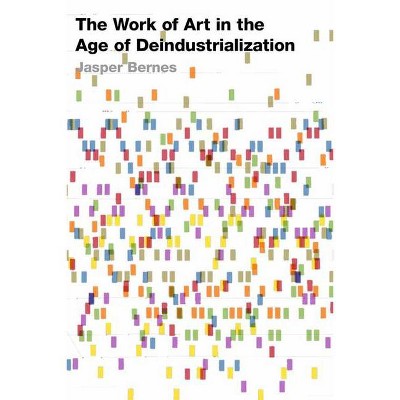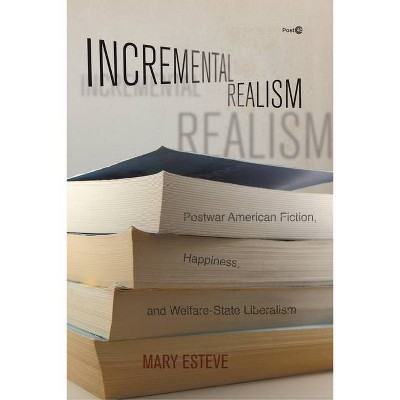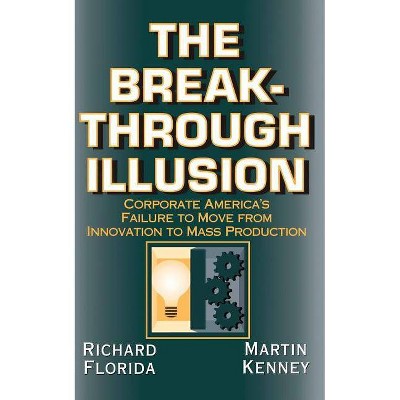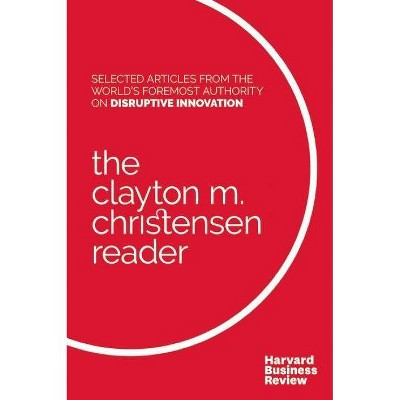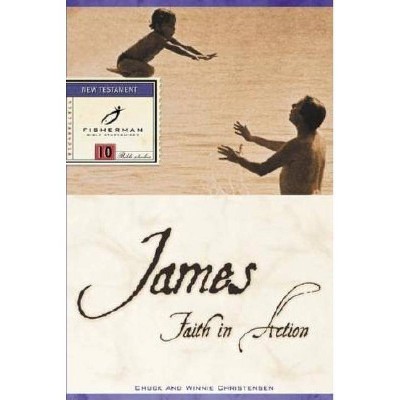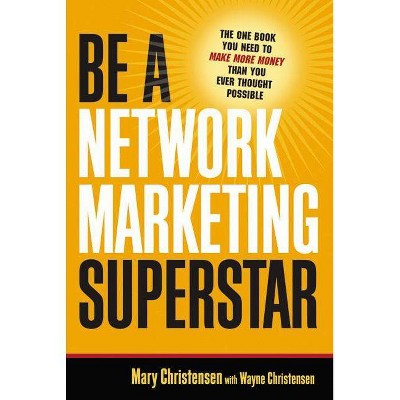America's Corporate Art - (Post*45) by Jerome Christensen (Paperback)
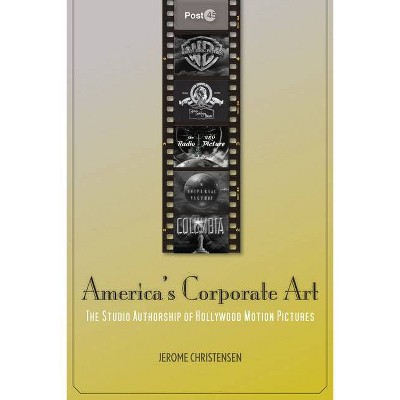
Similar Products
Products of same category from the store
AllProduct info
<p/><br></br><p><b> About the Book </b></p></br></br>This book argues that recognition of the corporate studio's role as author of Hollywood motion pictures enables original interpretations of Hollywood films and provides a deeper understanding of their cultural, political, and commercial objectives.<p/><br></br><p><b> Book Synopsis </b></p></br></br>This book argues that recognition of the corporate studio's role as author of Hollywood motion pictures enables original interpretations of Hollywood films and provides a deeper understanding of their cultural, political, and commercial objectives.<p/><br></br><p><b> Review Quotes </b></p></br></br><br>In <i>America's Corporate Art</i>, Jerome Christensen proposes a provocative, ingenious revision to the auteur theory: the author of a Hollywood film, he argues, is not the director but the studio that produced it. . . <i>America's Corporate Art</i> is an extended exercise in holding corporations responsible for their utterances. If corporations insist on being treated as persons with rights in the eyes of the law, Christensen argues, then let criticism follow suit. . . [This] startling book provides a vigorous argument for the continued relevance of a politics of interpretation.--Evan Kindley "<i>Film Quarterly</i>"<br><br>In theorizing and historicizing the richly suggestive concept of 'studio authorship, ' Jerome Christensen offers a model of film history and film interpretation to supplement purely institutional histories that say little about particular works and to supplant the evidence-free auteurist assertions that continue to underpin a good deal of film scholarship . . . Christensen's work is an impressive effort to bridge the gap between economic and aesthetic film history.--Mark Gallagher "<i>Journal of American Studies</i>"<br><br>This highly original and engaging study makes a significant contribution to American film history and to film and media theory, particularly media industry studies. No other author has analyzed studio authorship with the depth, care, and complexity that Christensen exhibits here, nor has such an argument been supported with close readings of individual films.--Thomas Schatz "University of Texas at Austin"<br><p/><br></br><p><b> About the Author </b></p></br></br>Jerome Christensen is Professor of English at the University of California at Irvine. His most recent book is <i>Romanticism at the End of History</i> (2000).
Price History
Price Archive shows prices from various stores, lets you see history and find the cheapest. There is no actual sale on the website. For all support, inquiry and suggestion messages communication@pricearchive.us

